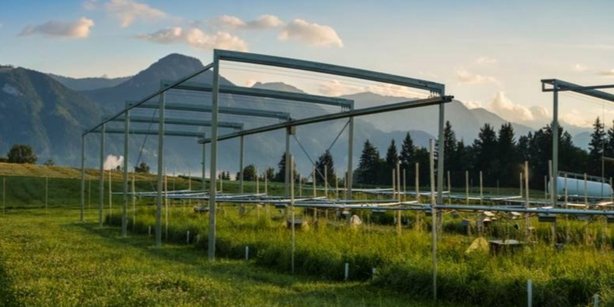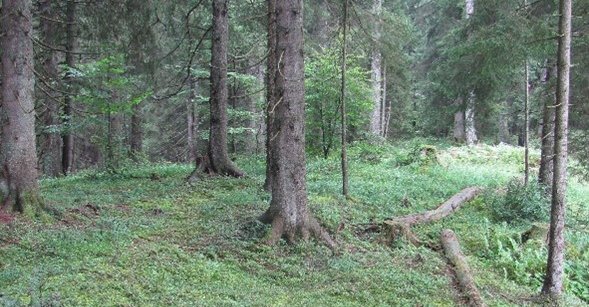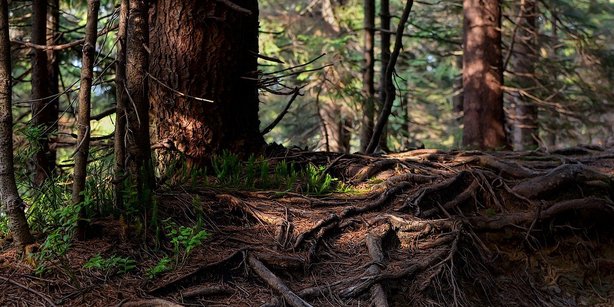ClimGrass C – Grassland carbon dynamics in a changing climate

Climate changes and elevated CO2 have major impacts on biogeochemical cycles, which may in turn feed back on the climate system. ClimGrass-C is a new…
Soil microorganisms and plants are key players in the production and breakdown of organic matter, and together control global biogeochemical cycles of carbon, nitrogen and phosphorus. TER, the Division of Terrestrial Ecosystem Research, aims to advance our fundamental understanding of how plants and soil microorganisms respond to, and in turn shape, their abiotic and biotic environment, and to determine the consequences for the functioning of Earth’s ecosystems.
Primarily dedicated to basic research, TER addresses pressing environmental issues, such as the impact of climate and land-use change on ecosystem functioning and the role of soils in the global carbon cycle and in food security. In doing so, we work on scales from µm (i.e. the scale at which microbes operate) to the biosphere (i.e. where plant and microbial processes become evident), and in ecosystems spanning the Arctic tundra to tropical rainforests. We integrate this scale of thinking with state-of-the-art methods, including stable isotope tracing and biomarker fingerprinting, and are developing novel approaches to estimate gross environmental processes with isotope pool dilution techniques.
We are strongly committed to conduct world-leading research in a motivating and intellectually stimulating environment, and to train our students to become independent and internationally competitive scientists who enjoy research and contribute to society as conscientious citizens.


Climate changes and elevated CO2 have major impacts on biogeochemical cycles, which may in turn feed back on the climate system. ClimGrass-C is a new…

The Arctic is warming more rapidly than any other region in the world. There, permafrost soils cover ~25% of terrestrial surface and hold the world's…

The Amazon rainforest stores large amounts of carbon in plant biomass and in soils, and is an important sink for atmospheric CO2 setting off increased…

Effects of bryophytes on soil microbial processes and nitrogen cycling.

Priming effects of moss leachates on soil organic matter dynamics

Microbial turnover of soil organic matter (SOM) is key for the terrestrial carbon (C) cycle. Its underlying mechanisms, however, are not fully…

Permafrost coasts in the Arctic make up 34% of the world's coasts and represent a key interface for human-environmental interactions. These coasts…

Rising air temperatures caused by increasing CO2 concentrations in the atmosphere call for efficient counteractive strategies. One strategy is the…

Higher plants release a significant proportion of the carbon (C) they assimilate into the rhizosphere – mainly as sugars, amino acids or organic…